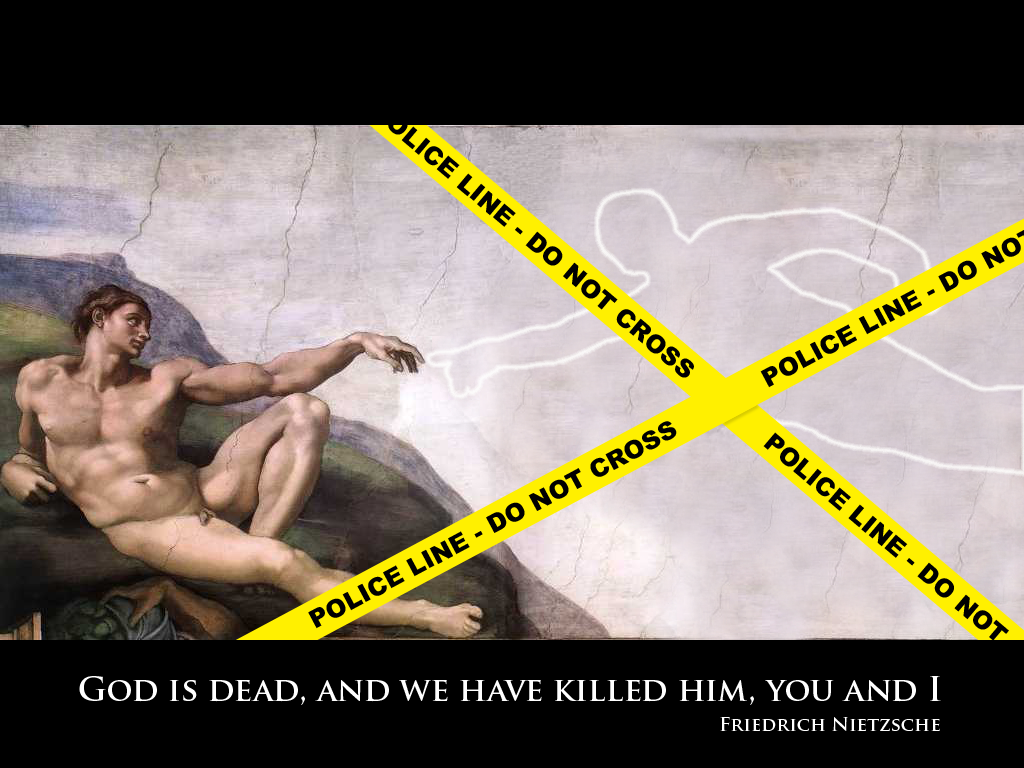However, moving back to the verification principle, when conducting philosophical discussion there seems to be two different ways in which a word or phrase can have meaning. The first being denotation, which is when the words stands for something, such as the word window meaning the part of a wall which has glass in it. And the second is connotation, which is when words carry further meaning in them. Such as the word window, which possibly can mean a gap for opportunity. So, to alter this traditional view of meaning, the Logical Positivists claimed that evidence is only useful if it is available to be tested by the senses that humans posses. And because of this, Ayer thought that the concept of God is meaningless in the first instance, for as he says "The notion of a being whose essential attributes are non empirical is not an intelligible notion at all."
The main line of argument that the Logical Positivists took was that meaning must be verifiable in some way. In fact, going back to the famous table that we learnt at the beginning of year 12, they analyse statements by using analytic and synthetic methods. When looking at analytic statements, we do not have to check whether they are true or false through our past experience, or through our senses, as they just give us information about certain words, much like dictionaries. And the way in which these particular statements turn out to be true or false depends on what is actually being suggested by that statement. For example, something like '50p is a measurement of money' is a true analytic statement, whereas something like 'pigs are flying insects', is not. In addition to this tautologies are counted as these kinds of statements, as they are by definition true within themselves, like the statement 'ice is icy'.
When coming to the synthetic statements, they seem to be a little more complex. They give us information about reality, such as saying 'that bed is comfortable'. Logical Positivists decided that for a synthetic statement to be meaningful, they have to be verifiable from using empirical evidence. So, in order for the statement about the bed to be true, they must be able to test it by lying in the bed, and deciding through the sense of touch, whether it really is comfy or not. This also applies to all other statements, as they must be able to be tested through all the other senses. And once they have deduced whether the statement is in fact verifiable, it then either gives the statement meaning or does not. The verification principle therefore suggests that we will know the meaning of a statement if we know the conditions behind the statement. And if we don't know them then it would seem that the statement is meaningless. Which is why Ayer comes to the conclusion that talking about God is meaningless, because we cannot prove that statements about God are either true or false.






